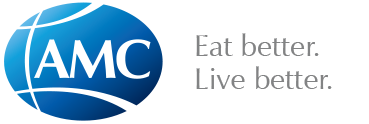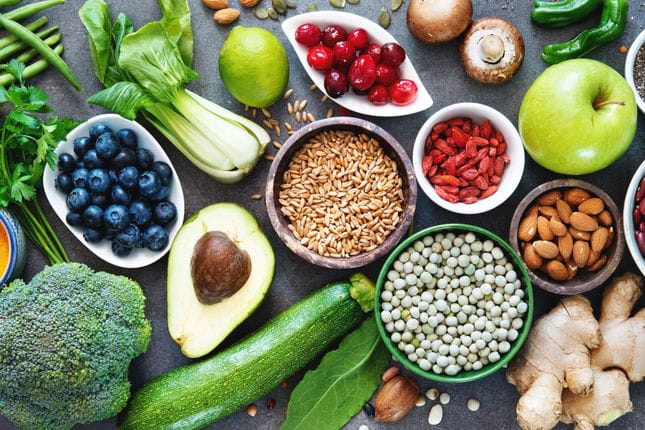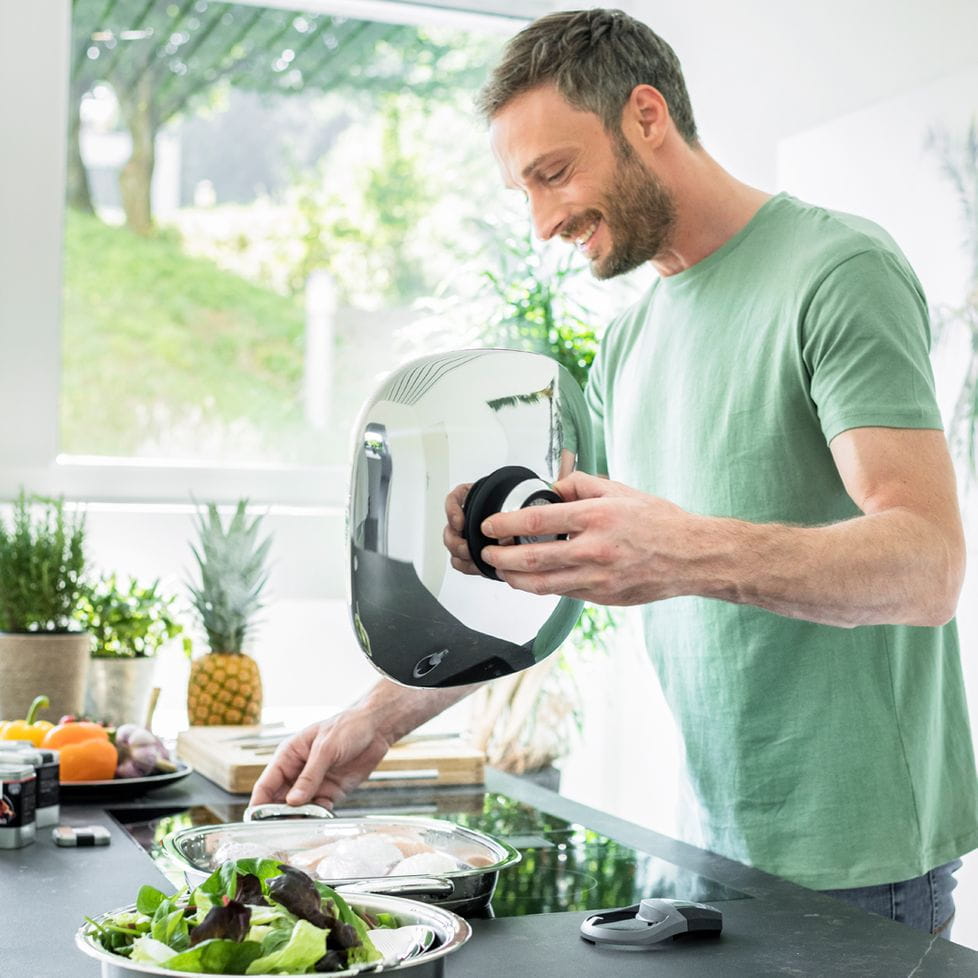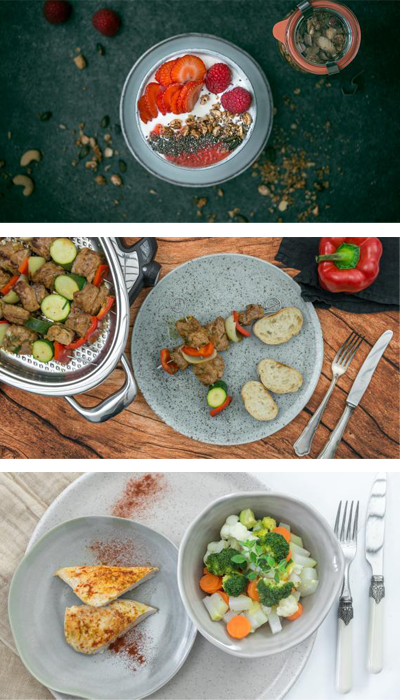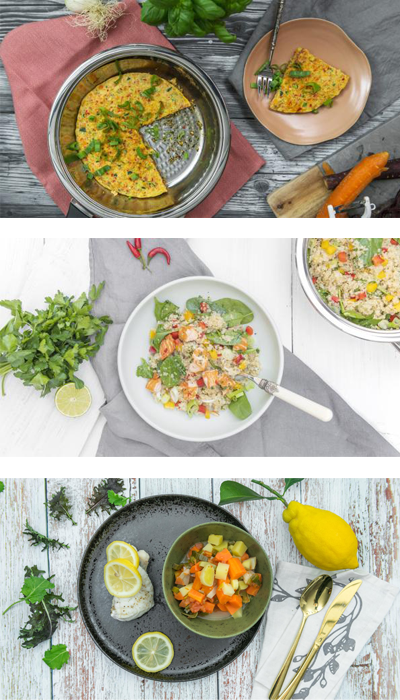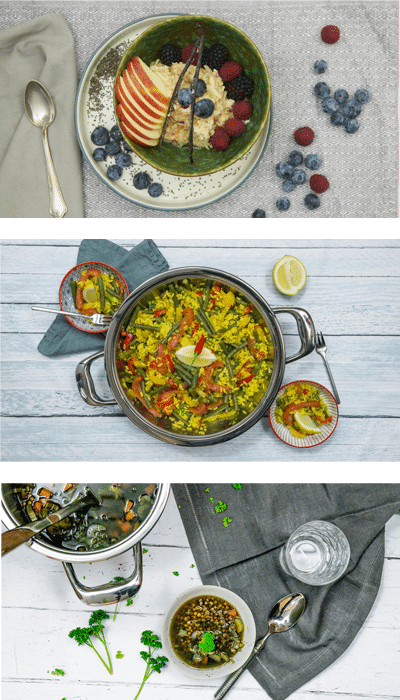Why Clean Eating?
Clean Eating is the preparation and consumption of foods that are as natural as possible. Clean Eating started as a movement against the frequent consumption of industrially processed foods these days, since eating lots of it can have several disadvantages for your health. Some processed foods lose nutrients and vitamins because they are not prepared gently. Moreover, many foods are enhanced with additives to increase their taste and color or to extend their shelf life. These additives in turn can have a negative impact on our body, which is why it is recommended to consume as little of them as possible.
How it works!
If you want to practice Clean Eating, you must follow a diet which includes as much unprocessed food as possible. However, Clean Eating does not mean that you can only eat raw food. Cooked, baked or fried dishes can also be "clean" if you only use unprocessed products for the preparation and seasoning. To enjoy the health benefits of Clean Eating on a long-term basis, at least 80 % of the meals you eat should be "clean". This way you avoid the intake of unnecessary additives and low-nutrient foods, but you still have the flexibility you need for the weekly business lunch, grandma's birthday cake or a cozy dinner with friends.
To make your start into Clean Eating easier, we have put together five helpful tips that you can use to move towards a natural diet step by step:
